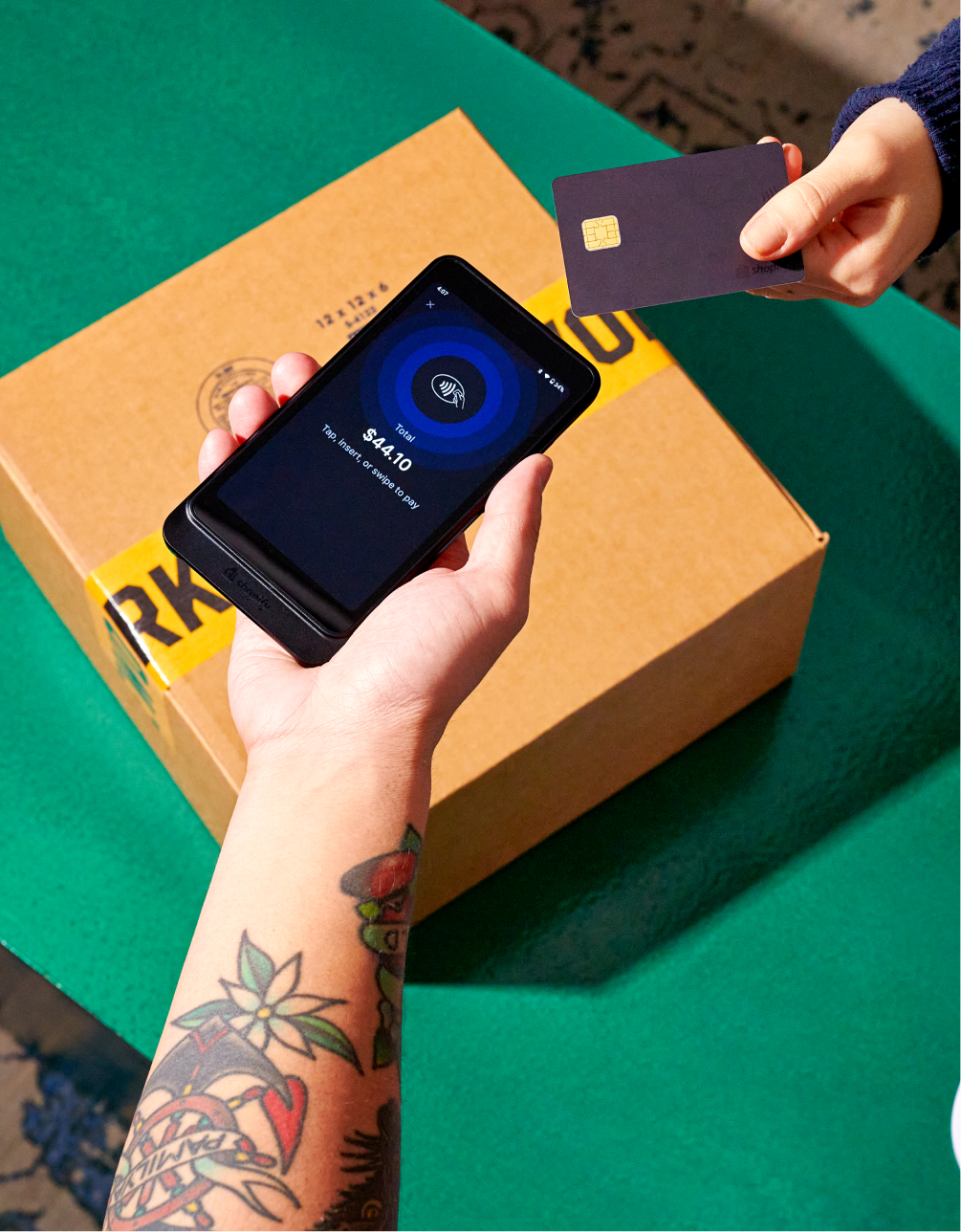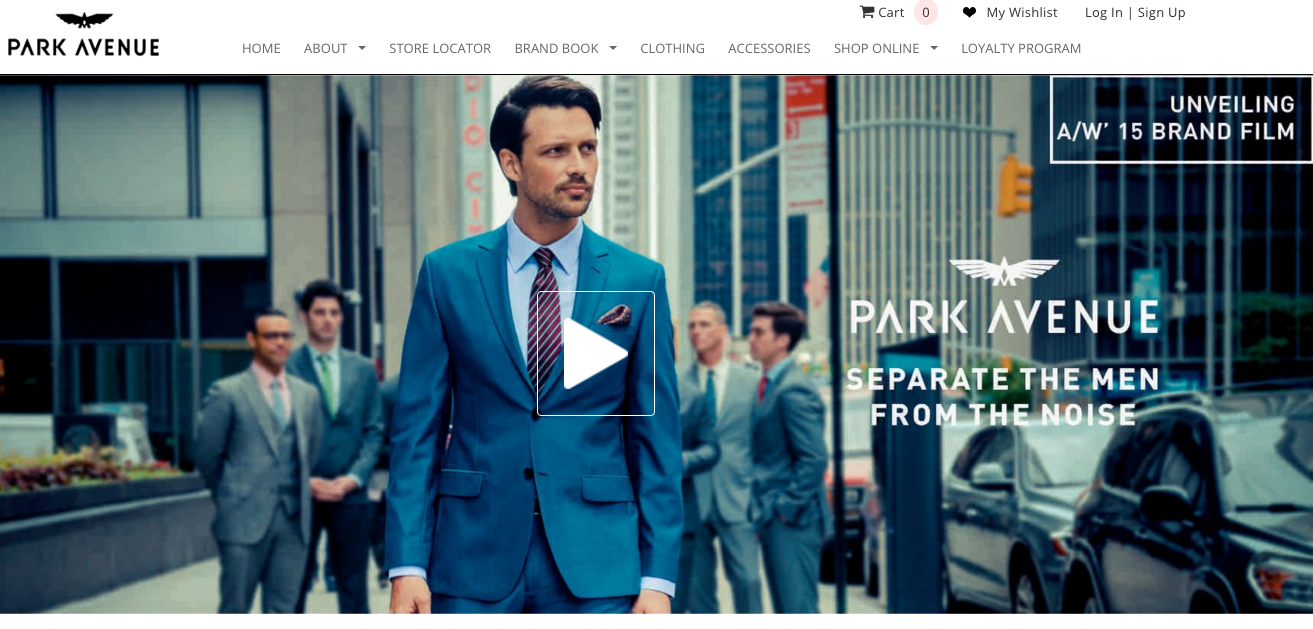India.
The world’s second most populous country with a billion plus inhabitants and an uncanny ability to churn out top-level CEOs: Google, Microsoft, PepsiCo, Mastercard, and Adobe have all had Indians at their helm.
It’s no surprise then, that while the ecommerce industry took time to develop and wait for more people to get online — presently more internet users than the US — the business sector is experiencing never-before-seen growth.
To get an idea of just how explosive, in early 2009, the industry was estimated at ~$3.8 billion and by 2014 the market exploded to $17 billion a year. By the end of 2015, that number reached $23 billion and is projected to hit an astonishing $38 billion by the end of 2016.
Looking to grow your own business along with the industry? You’ll soon enough run into the need for a system capable of running your own store, as well as sell in multiple ecommerce marketplaces — maintaining control over all channels at the same time.
When Shopify Plus got an opportunity to work with an Indian multi-brand apparel company with multiple ecommerce outlets called Raymond, we were as excited as them about working together.
Making The Decision to Replatform a Conglomerate
Raymond Group is an Indian company that is among the largest integrated manufacturers of fabrics in the world. In addition, the Group has business interests in readymade garments, designer wear, cosmetics & toiletries, engineering files and tools, prophylactics and air charter operations.
The group owns many widely known apparel brands like …
Online, Raymond runs separate ecommerce stores for most of their brands. On the offline side of things, all brands are unified under “The Raymond Shop” banner with over 700 retail locations across India and in over 200 cities overseas.
Additionally, Raymond products are sold in multi-brand outlets across India and the Middle East and in numerous online marketplaces like FlipKart, Jabong, Amazon India and others.
Managing a big integrated system that includes multiple on and offline storefronts and multiple marketplaces, can be a nightmare. Imagine how it would look when you’re trying to switch the whole system to use new underlying technology.
This is exactly what Raymond was faced with when they came to a realization that they had outgrown their current setup and started looking for solutions. The decision to replatform to Shopify Plus boiled down to Shopify’s wide variety of 3rd party integrations and it’s easy to use API.
Raymond’s focus was to create a single platform with customized features that would enable a working system with a common inventory pool and a multi-channel experience.
Although the group had a strong on-site IT team, they didn’t have experience of working with and integrating Shopify’s backend to streamline the replatforming experience, so they needed to find an outside partner who was comfortable working with enterprise-level merchants.
They found that partner in Binary, an experienced 360° digital agency from Mumbai, India.
Navigating Multi-Channel Commerce With Ease
Raymond Group is a huge company with multiple brands – each with their own respective decision makers and their own teams – which all have different needs and slightly different ways of working.
The first job was to map out the needs of all the stakeholders working daily with the system to gain a better understanding of the current situation and to gain insights into what would should be the focus for going forward.
Their biggest challenge turned out to be multi-channel integrations with their SAP ERP-based inventory system. You see, all management of all sales eventually ended up going through a common inventory system, no matter which platform and/or marketplace the sale occurred.
That meant that whatever the new solution was, it had to be able to seamlessly integrate Shopify Plus, Unicommerce (for marketplaces integration) and SAP based inventory pool.
The solution was to integrate Shopify and Unicommerce to hold single inventory and then integrate that combo with SAP. Although it sounds complicated, it really wasn’t as Unicommerce has a good working plugin for Shopify and Shopify’s own API is so well documented that Binary was extremely confident they could make it work!
With the new integrations in place, it was easy to get an up-to-date overview on how the business was performing company-wide. In addition, executives could look at different brands and benchmark each brand’s performance against each other.
After the back-end integrations were completed, it was on to the relatively easy job of building out the customer-facing side of Raymond’s web presence, test it and launch.
Proving That Shopify Really Can Scale
Binary had worked on several Shopify websites before, enabling various SME’s to sell on Shopify.
At the beginning of the process of building a new web presence and integrations for a big enterprise like Raymond, Binary had cross-examined whether Shopify was the right “seamless, scalable solution” — that could handle all necessary integrations, the traffic and the multiple stores that are all managed by a common outside inventory pool.
After all, it was the first Shopify Plus project for Binary at this scale.
However, it soon became clear that the Shopify Plus platform, with its wide variety of ready-made 3rd party integrations that work with various Indian marketplaces, and a well-documented API, was the perfect choice for them.
In the end, Raymond had a working ecosystem of multiple online storefronts, an integrated inventory system, and Unicommerce integrations — all within a mere three-month timeframe from start to finish.
Not bad, not bad at all.





